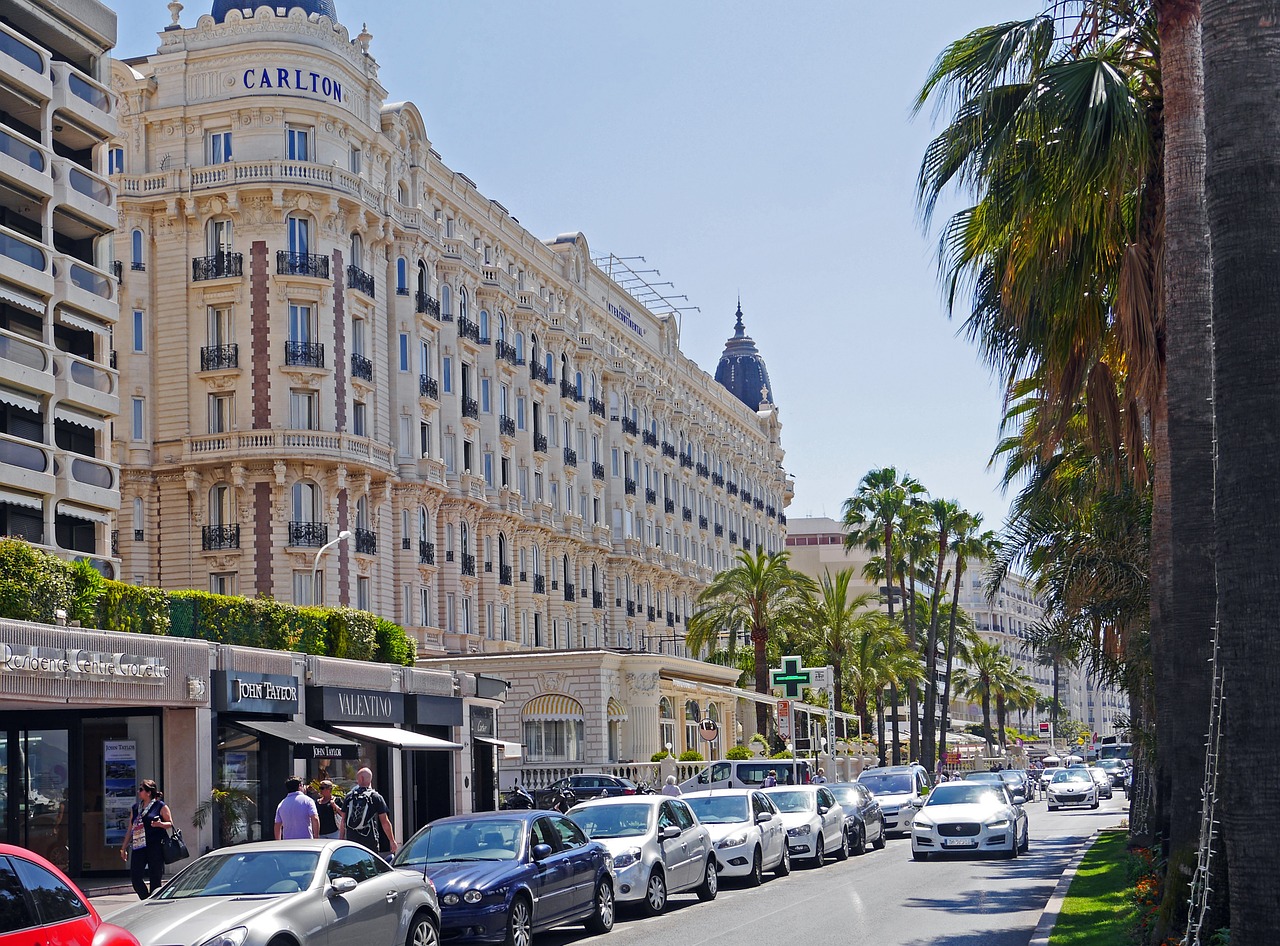Professor Alissa Wilkinson Covers 70th Annual Cannes Film Festival for Vox
This May, Associate Professor of English and Humanities Alissa Wilkinson attended the 70th edition of the annual Cannes Film Festival in southern France.

This May, Associate Professor of English and Humanities Alissa Wilkinson attended the 70th edition of the annual Cannes Film Festival in southern France in her capacity as staff writer and movie critic at Vox. Cannes is one of the largest and most influential film festivals in the world, serving as a space for directors and actors to share their work with the world—first, with critics, and eventually with larger audiences.
For Professor Wilkinson, who teaches primarily within the Media, Culture, and the Arts (MCA) major, it is an opportunity to spend time right at the heart of the world of filmmaking, and to get a first-hand look at what questions, ideas, and techniques filmmakers are exploring. “I get to go to many other major festivals, but what I notice that’s distinctive about Cannes is a deep respect for the art of cinema and consideration of the director as a thoughtful, important artist,” she says.
Cannes is famous for its star power, hosting many of the biggest names in movies, but Wilkinson says what she finds most remarkable about the festival is its respect for cinema as an art form and its intentionality in celebrating innovations in that form. “There’s plenty of glitz and glamour to go around,” she says. “But Cannes is fundamentally serious about preserving and developing great directors from around the globe and by making sure the best in film gets to be seen by as many people as possible — first the critics and distributors at the festival, and then global audiences.”
In her capacity as a movie critic at the festival, Professor Wilkinson spent her days screening an average of three movies and turning in either a review or a feature-length piece every day. “I watched about twenty-five movies and wrote about twelvearticles for Vox,” she says, and adds, “I also consumed an absurd amount of espresso.” In addition, she had the chance to talk with directors and actors, which provided opportunities for more in-depth conversations about the movies at the festival.
For Professor Wilkinson (and for most other Cannes attendees), movies are not simply about entertainment. Movies are an art form, and “like everything that humans create — laws, policies, markets, educational institutions — art helps us order, direct, and imagine our lives together as humans living alongside one another.” Shehas spent years considering the role that movies as an art form play in society. In 2016, she co-wrote a book called How to Survive the Apocalypse: Zombies, Cylons, Faith, and Politics at the End of the World with Dr. Robert Joustra, which used film and television about the apocalypse as a way to understand the anxieties and tensions of the modern world, and to think about how Christians can live faithfully in the midst of it.
“Movies are especially good at challenging and shaping our notions of one another and of ourselves, because they work on several levels: visual, aural, narrative, and emotional,” she says. “So when we enter the space of a movie, we give ourselves to the experience of paying attention to the way someone other than ourselves conceives of reality, and we find ourselves expanded and changed.” This is not merely an intellectual exercise for Professor Wilkinson. She explains, “As Christians imitating Christ, we are called to radical empathy and radical preference of others above ourselves, as well as constantly seeking to understand and have our minds renewed, and movies are an immensely powerful means of engaging in that.”
Professor Wilkinson brings this same passion for understanding and appreciating contemporary art and popular culture to her teaching at The King’s College, where she holds a full teaching load and serves as a mentor for senior projects. From the Cannes Film Festival, she went to Paris to join the The King’s College Europa Venture, where she will teach a one-week course to King’s students on American expat writers between World War I and World War II.




